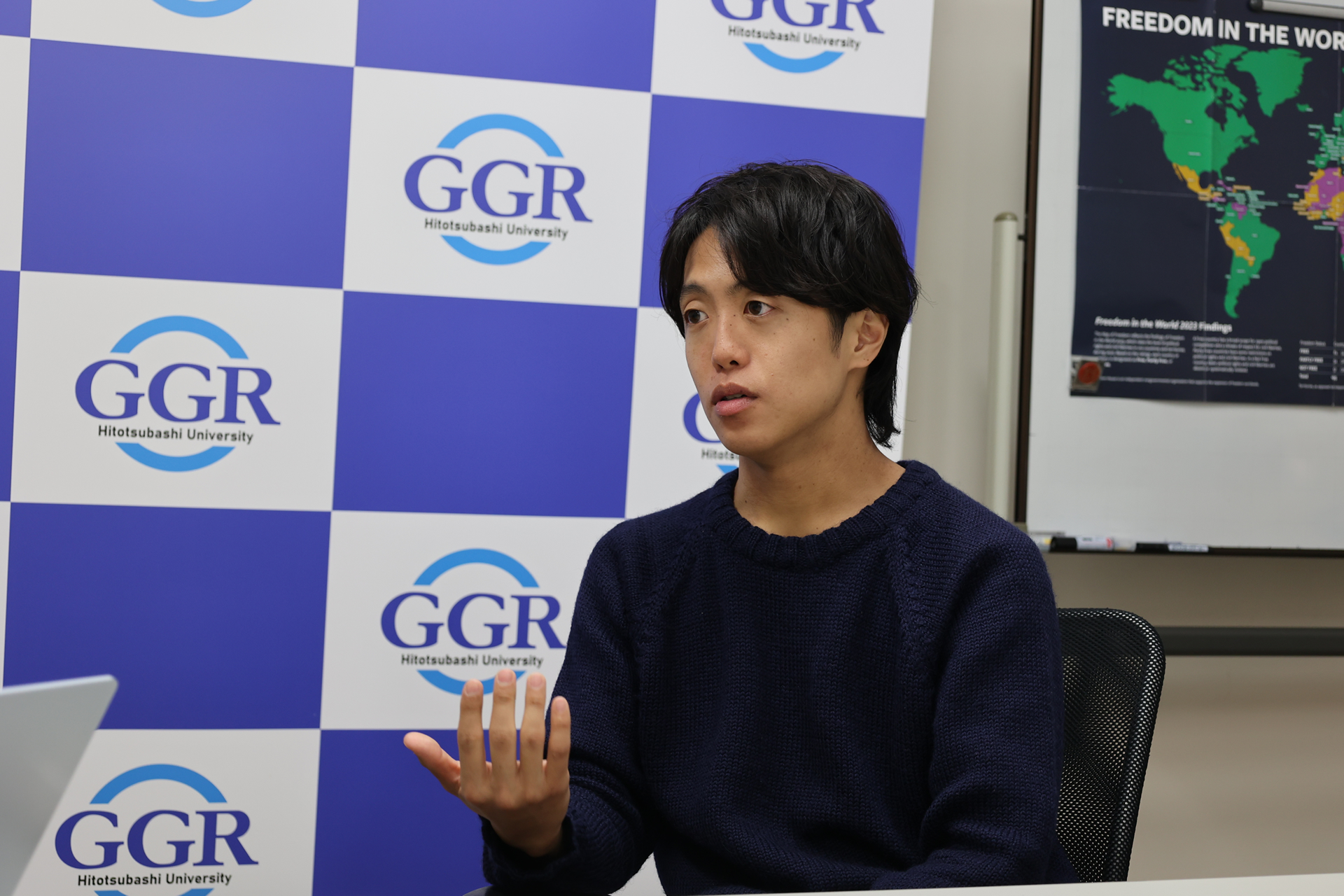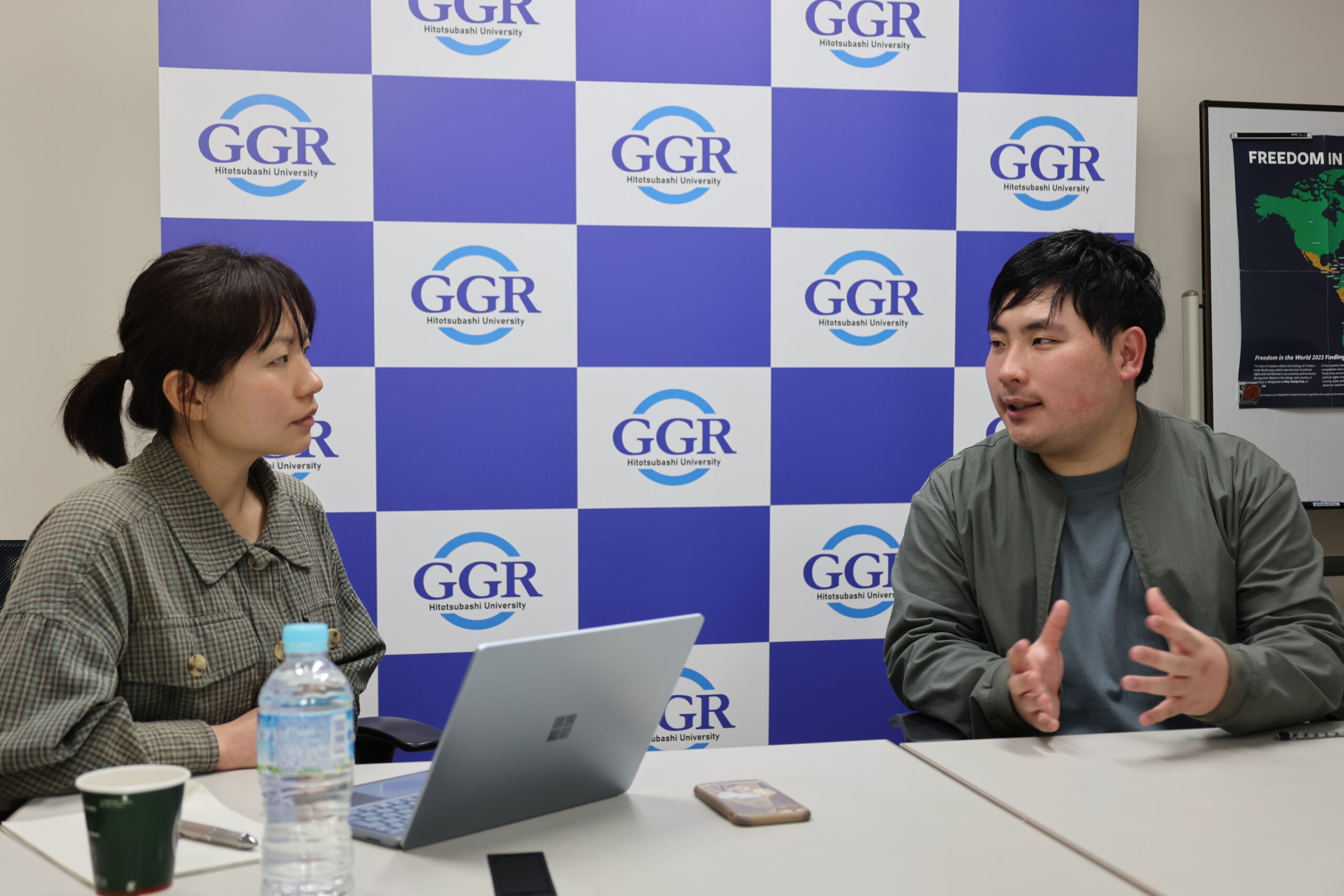GGR Issue Briefings / Working Papers
The Making of International Human Rights Norms: Contestation, Norm Clusters, and Actor Engagement in SOGI
AbstractThis paper analyzes international norms concerning sexual orientation and gender identity (SOGI norms) by using insights from norm research in International Relations (NRIR). With analytical concepts in NRIR such as norm contestation, transnational advocacy networks, and norm clusters, it explores how SOGI norms have faced advancement and hostility. It begins by outlining states’ obligations regarding SOGI norms under international human rights law, from protecting individuals against violence to repealing discriminatory laws. Next, it explains that SOGI norms are frequently contested over their validity by actors connected through transnational conservative networks. Then, it argues that SOGI norms’ embeddedness within international human rights norm clusters has been increased by multiple actors. This deepened embeddedness could enhance the resilience of SOGI norms to the frequent validity contestation. It moves to the analysis of actors’ approaches and activities with a particular focus on activities of the Independent Expert on violence and discrimination based on SOGI (IE SOGI). It concludes that despite significant progress, the strength of SOGI norms remains fragile in the face of political backlash and illiberal actors’ strategies.
Liberal Features of the Liberal International Order: Tools for the Understanding and Typology of Liberal Elements
AbstractInternational order is a central issue in international relations, both as an academic discipline and in reality, and an accurate understanding of its concept and real meaning is extremely important. The paper aims to deepen our understanding of the post–World War II international order, also called the “Liberal International Order" (LIO), which is exceedingly complex to understand in its entirety, by focusing on its liberal elements and characteristics. As the LIO is intersubjective, the author does not interpret it from the idea of liberalism but rather inquires as to the elements and characteristics that have been considered “liberal” in existing discussions. The paper develops our understanding of the LIO by categorizing it according to theoretical liberal elements and characteristics of political, economic, social, and international relations.
Fear of Influence Operations: Role and Challenges for Researchers
AbstractThis briefing discusses how Chinese foreign information manipulation and interference (FIMI) activities are perceived locally by potential target audiences in Okinawa. Such covert influence operations are employed to sway public opinion and affect policy in democratic countries. Enabled by the global reach of social media and digital platforms, these efforts threaten democratic discourse and stability. However, the research discussed here found that the actual impact locally tends to be exaggerated in research and public opinion. To improve our understanding of, and ability to handle FIMI activities it is suggested that research needs to consider four issues. These are 1) the local context the FIMI enters, 2) the level(s) the researcher(s) work on, 3) the origins of narratives used, and 4) the target groups involved. By including these dimensions when examining the impact of influence activities, we can hopefully improve how we handle influence activities in democracies.
Will You All Be Arrested with Me?
Abstract**This paper was written based on an interview conducted on April 2, 2024.
Towards the Peace the Myanmar People Yearn For
Abstract**This paper was written based on an interview conducted on March 29, 2024.
Hong Kong through an Artist’s Eyes: Music That Cannot Be Taken Away
Abstract*This paper was written based on an interview conducted on March 18, 2024.
Defying Giants: Hong Kong–Brewed Counter-Narratives to Stop the CCP’s Global Anti-Democracy Campaign
Abstract*This paper was written based on an interview conducted on April 10, 2024.
Measures to Tackle Delusional Political Campaigns
AbstractThe election process is crucial to democracy as it allows the people to select their representatives who will bear the duty to develop and carry out the will of the people; and thus, a political campaign comes into play. A political campaign generally reflects the intention and development plan a political party aims to pursue. It is equally (or even more) important and persuasive as the candidates themselves. Nonetheless, like everything in the world, there are two sides to a coin, in this case feasible and unfeasible (delusional) political campaigns. While feasible political campaigns allow voters to make well-informed votes for their country, unfeasible political campaigns could be considered as misinforming voters. In spite of the influence a political campaign can have over people, there is as yet no specific law that regulates campaigns directly, given the importance of freedom of speech. This paper discusses the relevant legal framework on political campaigns as well as measures to tackle delusional political campaigns, in order to empower voters and create a healthier ecosystem in a democratic society.
Hasina’s Last Stand: The Quota Movement, Student Uprising, and the Future of Bangladeshi Democracy
AbstractBangladesh has been ruled by Sheikh Hasina for 16 years, during which time the country’s democracy has been undermined by widespread vote rigging, voter intimidation, and violent suppression of the opposition. However, the tide began to turn with the student quota protests and subsequent uprising, which eventually forced Hasina from power and led to the establishment of a military caretaker government. Despite this shift, Bangladesh remains on a quest for democracy, struggling to recover from the long period of Hasina’s undemocratic rule.
Misinformation about Taiwan from Japan: Narrative Analysis and the Formation of New Narratives
AbstractHow should we deal with the growing concern over misinformation and disinformation? This paper examines this issue using misinformation about Taiwan emanating from Japan. The article “90% of Taiwan's Retired Executives Sell Information to China," published by the Nihon Keizai Shimbun (Nikkei) on February 28, 2023, not only sparked debate in Japan, but also led to the Taiwanese government directly pointing out the inaccuracy of the content. In this report, we first conduct a fact-check of this information and analyze the high probability that it is misinformation. Next, we counter the misinformation through a detailed analysis of the persona of the target of the misinformation and the narrative that the misinformation conveys. This study points out that the disinformation could trigger anti-Taiwan sentiment based on the persona of a 50-year-old married man, a company employee in a managerial position, with a household income of 8.5 million yen, and a Nikkei Shimbun reader. We will formulate counter-narratives from the perspective of the economy, in which the persona has a high interest, and will also touch on points to be considered when diffusing the information. Finally, we conclude that even newspaper articles must be careful about accuracy, pointing out the limitations of this paper.











